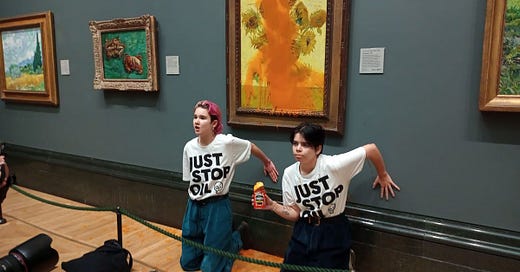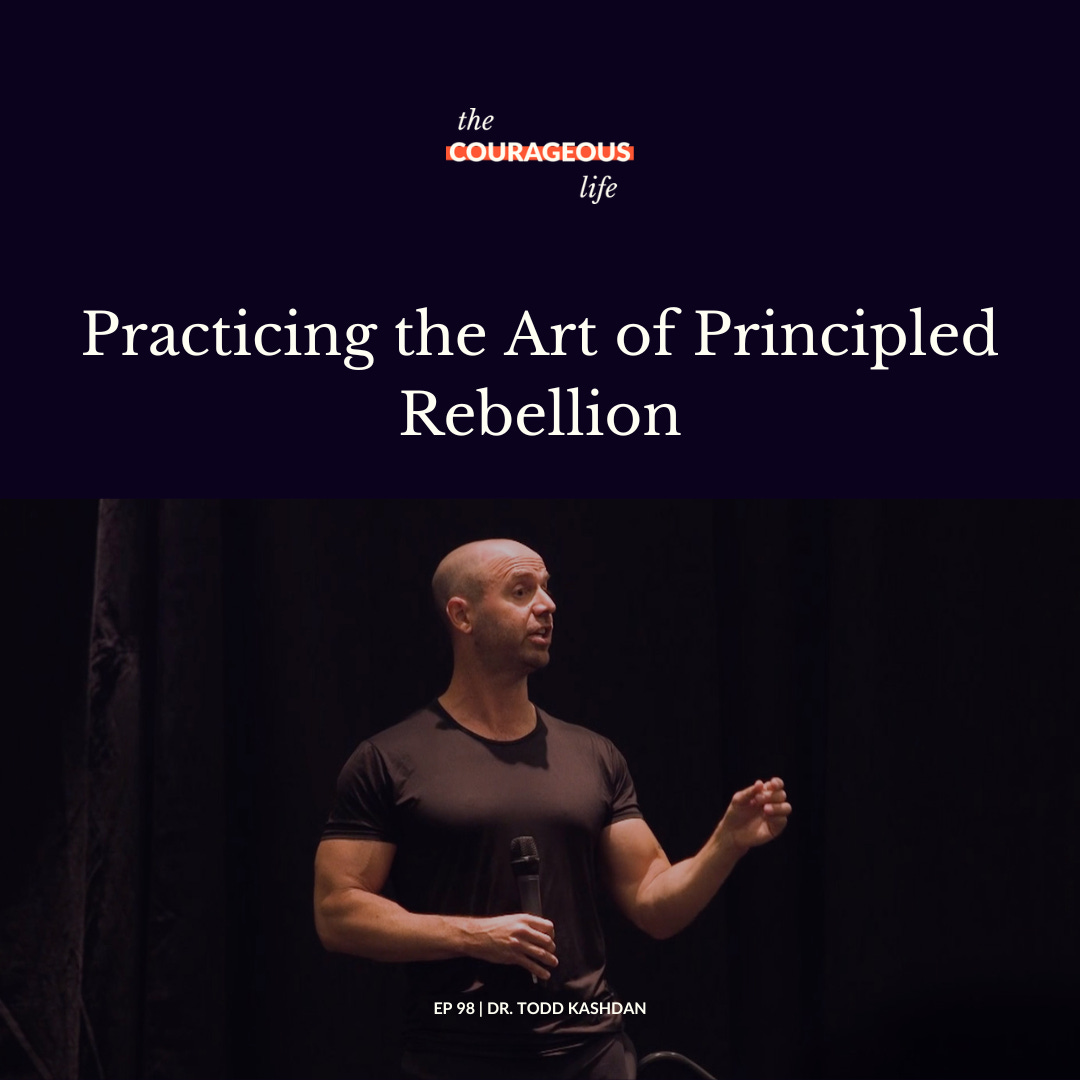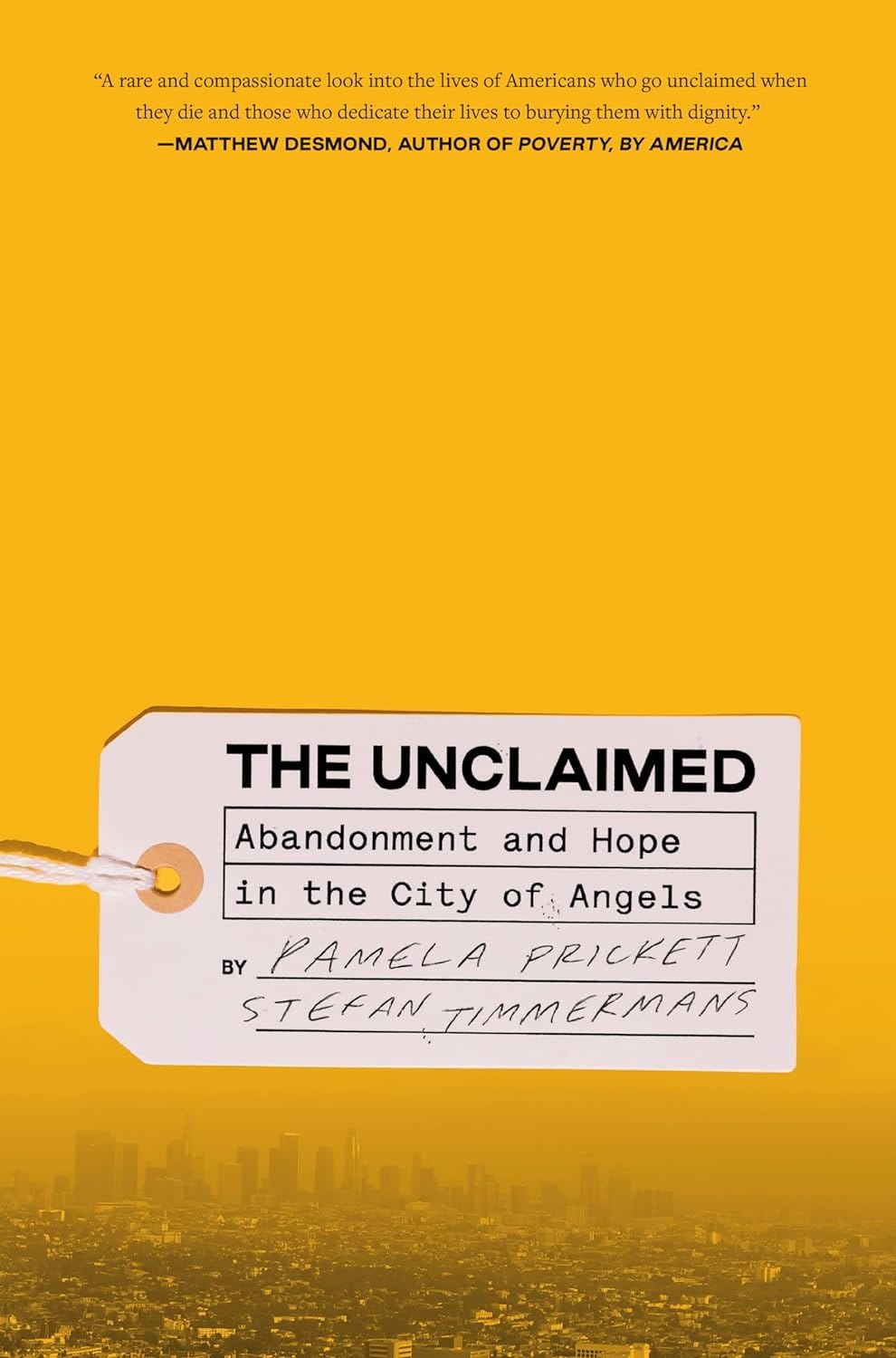Principled Protests: A Guide to Influencing Without Alienating
Science that will help an avalanche of protestors do better
You've seen the headlines. Gaza protests at universities. Russian invasion of Ukraine. Really old men running for president. Culture war issues from “What is a woman?” to “Is meritocracy is a bad word?” to “What’s the effectiveness of a colorblind approach for addressing race?” It's clear we're living in a time of rebellion, a time where voices are rising up, demanding to be heard. But how do you rebel effectively - especially when lacking power/status?
For ideas to evolve and societies to progress, I argue it's vital to cultivate principled rebels. Those who who are willing to go against the stream, to challenge conformity and question conventional ideas. But to do so from a place of heart - to practice rebellion in ways that are generative (vs. destructive). This type of authentic insubordination is fueled by a motivation to contribute to the greater good.
I've spent years diving deep into 60 years of research, unearthing the science of effective rebellion (read the book - here). This isn't just theory. This is about curating high-quality ideas through critical thinking. This is about becoming a more persuasive messenger such that your voice is heard and amplified in a biased, attentionally challenged society.
Gather a wide range of psychological resources from my conversation on The Courageous Life below. Share it with your social world. It's time to get riled up, to stand up, and to make a meaningful, healthy difference. Let's do this.
Here are some highlights from The Courageous Life conversation:
Understanding the positive and negative influences of social pressure
Strategies for influencing the majority (when in the minority) including inviting curiosity vs. inciting fear
Why being open about experiencing discomfort reduces defensiveness, increases compassion, and helps rebellious ideas to be heard.
Ways to skillfully work with feelings that arise when trying to rebel
Creating conditions for dissent, critical thinking, and productive conversations
Why dissent is the ultimate protection against conformity mistakes
The importance of creating mechanisms for gathering diverse voices
Lessons from Nelson Mandela on winning graciously
Enjoy!
Extra Curiosities:
Did you know that in the 21st century, 2-4% of the 2.8 million who die each year in the United States went unclaimed? Approximately 114,000 Americans die with nobody claiming their body and thus, there is no ceremony, no love, nothing but a cremated body being shoved into a small patch of land somewhere with nary a marker that they existed. Who are these people? How does this happen in such a prosperous, super power of a nation? What does our approach to death say about our values? What do we owe our fellow humans in life and in death? Deep freaking questions that are explored through some emotionally fraught biographical stories that will hit you hard. I cannot believe that nobody is discussing the mind-blowing book, The Unclaimed: Abandonment and Hope in the City of Angels. You know how there are often 1-star Amazon reviews for a book that say - this should been an article because they keep repeating the same point chapter after chapter? This is the opposite. The level of research and stories puts many authors to shame (me included). Reading this motivates me to become a better writer.
Get a copy. Let me know what you think afterwards. Do not skip the very painful chapter on abandoned babies. We must push ourselves to first, notice problems, second, sit with them, and third, find better solutions. Even when it hurts. A perfect complement to my conversation above.
Todd B. Kashdan is an author of several books including The Upside of Your Dark Side (Penguin) and The Art of Insubordination: How to Dissent and Defy Effectively (Avery/Penguin) and Professor of Psychology and Leader of The Well-Being Laboratory at George Mason University.
Read Past Issues Here Including:
Beyond Groupthink: Cultivating Curiosity & Independent Thinking in Group Settings
This issue is a bit different. Below are several short videos on how to promote curiosity and principled dissent. Below each one I include a bit of supportive research. Enjoy and share it with someone you know.







How are you not on every podcast talking about principled rebellion?
While I have miles to go around learning to dissent and defy effectively, this concept--along with what i've absorbed so far regarding your curiosity work and research--have been transformative for me, my work and my world.
While recently I may have mischaracterized your work in a comment I made, the above is what I was driving at. My history would have me try to conform and cower more in the face of certain kinds of strong opinions and reactions. While much less than previously in my life, this growing wave of "policing" of language, views, etc. would have felt more overwhelming to me than it does.
Now I have curiosity as one of my most powerful tools. Along with comopassion, hopefully it will help me stay connected and courageous in conversations, interactions, etc. in deeper and wider ways. And these values are not only vital for my world and wellbeing, but also at the heart of my healthcare startup.
Which means you've strengthened the "DNA" of my work we hope helps many, Todd. And for that, I've forever grateful.